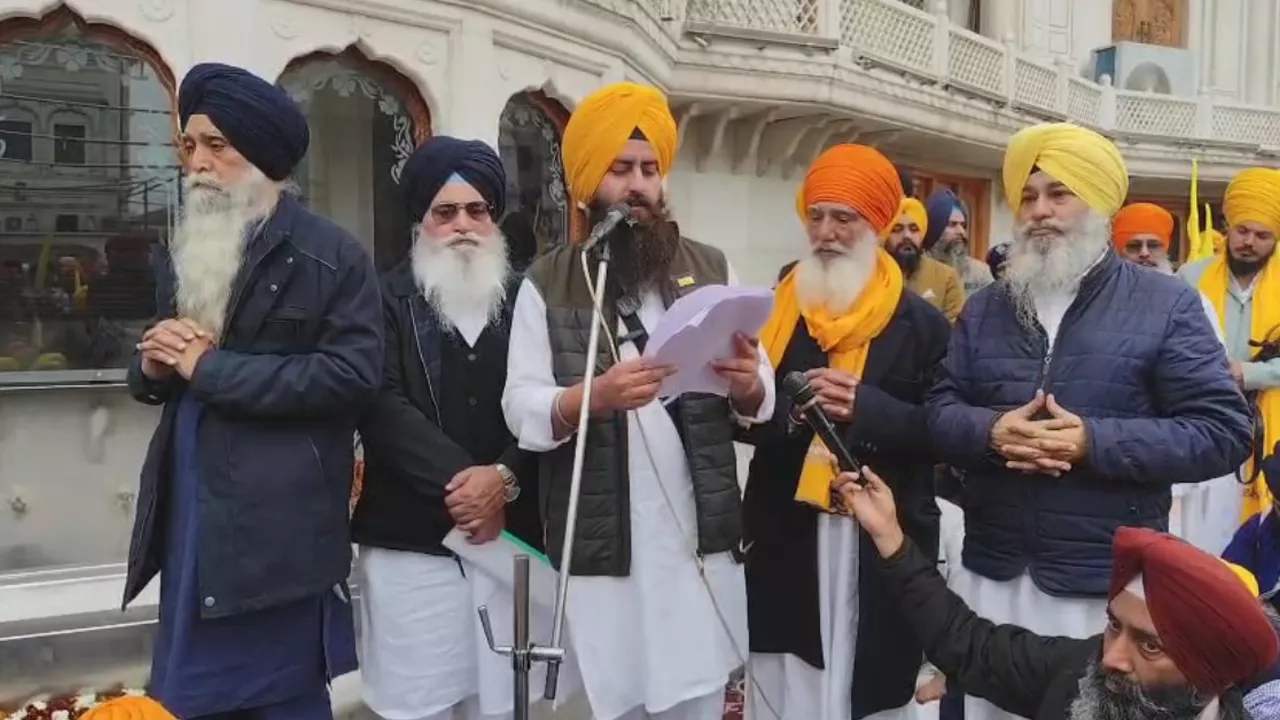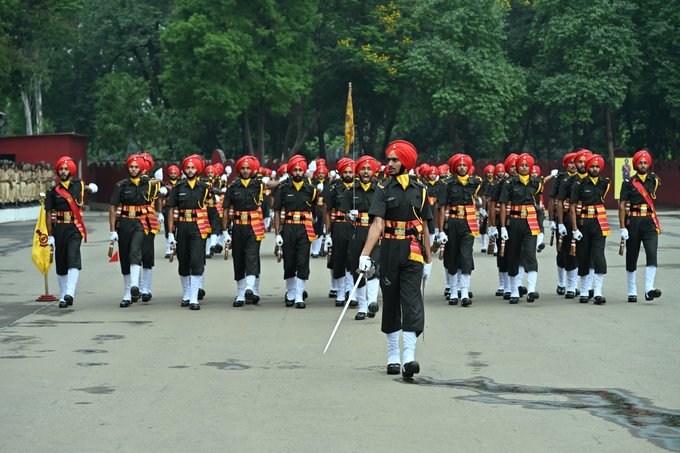In Lahore’s historic Panjab heartland, Muslim Rababis (rabab instrument players and singers) trace their lineage to Bhai Mardana (1459-1534), Sikh religion's founder Guru Nanak’s rabab-playing companion whose itinerant kirtan (devotional music) spread messages of oneness across Asia. Centuries later the hereditary musicians added tabla (hand drums) and harmonium but still teach the art within families, son to son. 50-year-old Ustad Moeen Ahmed Chand, thirteenth in an unbroken line from Bhai Mardana, guards the fading art from a cramped house near Shalimar Gardens. He recalls dawns from his childhood when his mason father laid bricks then rehearsed ragas by lamplight. Before the 1947 Partition of India and Pakistan, Chand’s grandfather led daily kirtan at Darbar Sahib (Golden Temple), earning a stipend that the shrine remitted—‘even INR 200 rupees then equalled INR 25,000-30,000 now,’ he notes. Post-migration to Lahore Gurdwara, the funding dried up, pushing his kin into labor. Despite sustaining the tradition for 13 generations, Rababis now play only at Guru Nanak’s birth anniversaries. No local sangat (community) hires them so Chand sings Sufi qawwali at melas (fairs) and urs (death anniversaries) to survive. His nephew, tabla player Mohsin Ali laments that in Pakistan ‘nobody calls us’. Commercial music’s rise and self-styled imitators worry Chand. He urges pupils to render kirtan ‘like reciting scripture’, insisting Rababis train under an ustaad-shagird (master-disciple) bond and credit their teachers. Scholars say the community’s plight reflects wider neglect of shared Sikh-Muslim heritage. Preservationists urge cross-border patronage, digital archiving of rare compositions, and visas that let Rababis perform at Panjab’s Gurdwaras and global diaspora events, creating a reliable income stream while safeguarding intangible cultural history. Without sustained support, Chand fears the nuanced musical improvisations like taans and bol-alaaps and original rabab tuning could vanish within a generation, erasing a living bridge between faiths. Advocates want Pakistan’s culture ministry to seek United Nations Educational, Scientific and Cultural Organization intangible heritage listing and encourage collaborations with Lahori music academies, Sikh institutions, and streaming platforms to reach younger ears globally.


Like what you're reading? Subscribe to our top stories.
Liv Forum provides a digest of analysis on major issues facing Indian (East) Panjab and Sikhs globally.
In accordance with our Privacy Policy, we will never share or sell the information of our subscribers.






